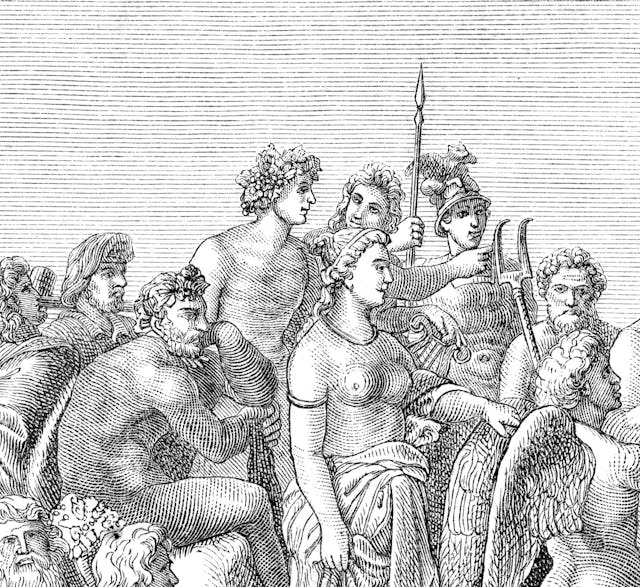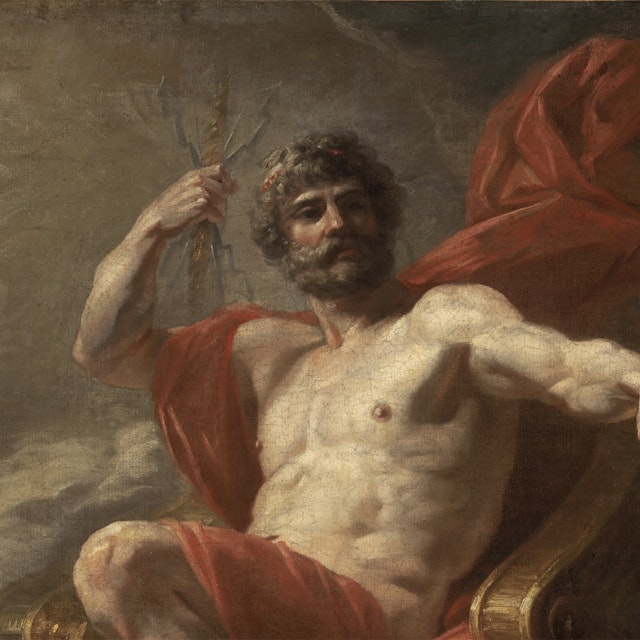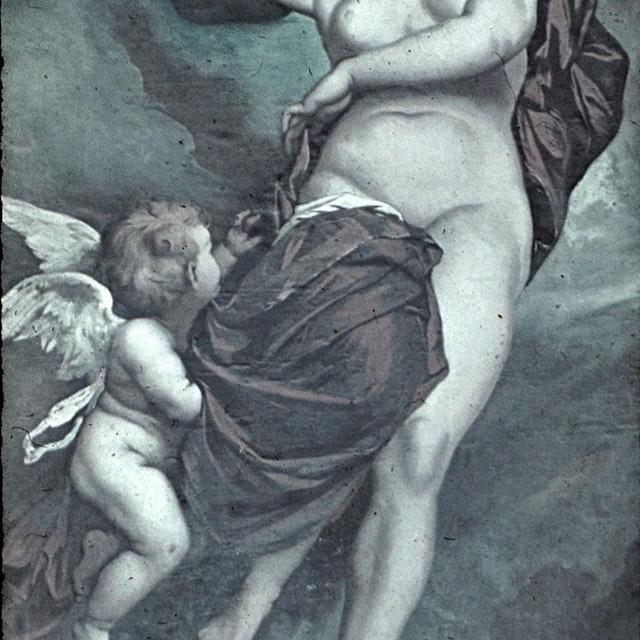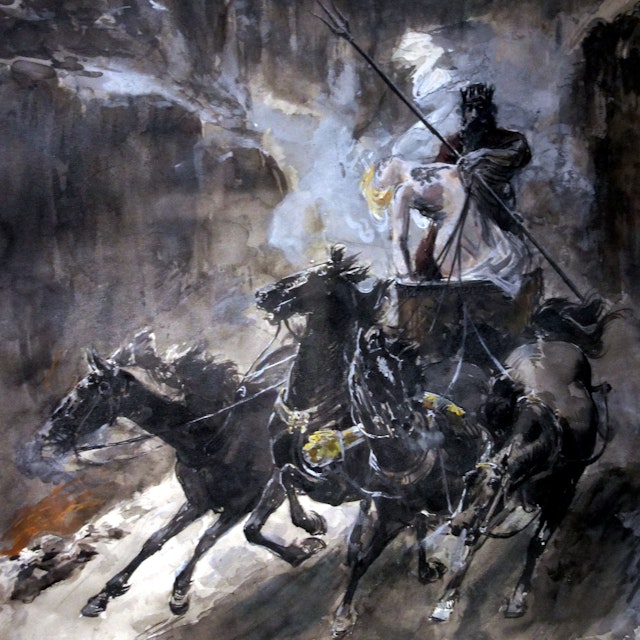
Ultimate Guide to Greek Gods
The Greek gods ruled over every aspect of Hellenic existence—from war to love, from childbirth to the afterlife. Commonly depicted in human form, they were capricious deities who demanded worship and sacrifice to stave off misfortune and ruin.
Greek Olympians
The primary deities of the Greek pantheon, who ruled from Mount Olympus.
The twelve Olympians consist of most of the major gods and goddesses of the Greek pantheon. Immortals who ruled their human subjects from on high, they were constantly fighting, fooling, and having affairs with each other, often with dire consequences.
Popular Resources
Greek Titans
The generation of Greek gods who directly preceded the Olympians
The Titans were the first children of the primordial Greek deities Uranus and Gaia. Two of these Titans, Cronus and Rhea, became the parents of the original generation of Olympians, who overthrew the Titans, just as the Titans had overthrown Uranus before them.
Popular Resources
Greek Primordial Gods
The most ancient gods of the Greeks, born at the beginning of the cosmos
The Greek primordial gods were the first beings to populate the cosmos and gave birth to all the subsequent gods, creatures, and mortals of Greek mythology. Two of these primordial gods, Gaia and Uranus, were the parents of the Titans and the grandparents of the Olympians.
Popular Resources
Greek Underworld Gods
The grim Greek gods who presided over death, fate, and the afterlife
The Greek Underworld gods comprised the various deities associated with death and the afterlife. Perhaps the most important of these gods were Hades and Persephone, the king and queen of the Underworld.



